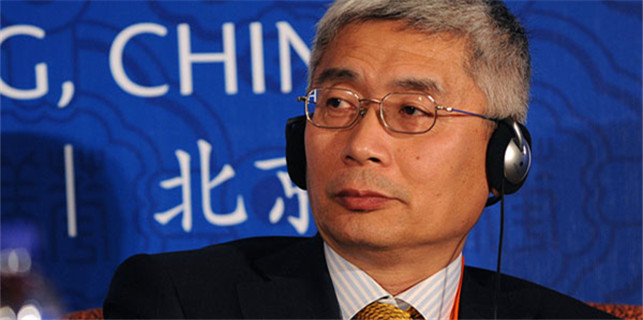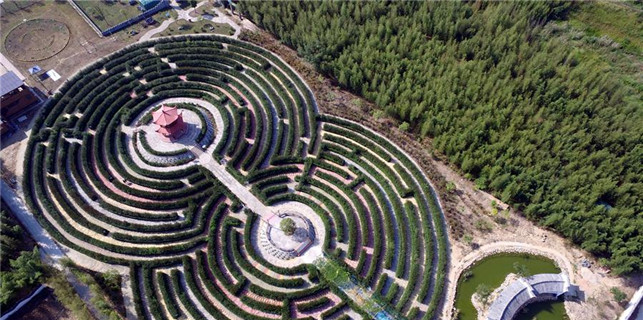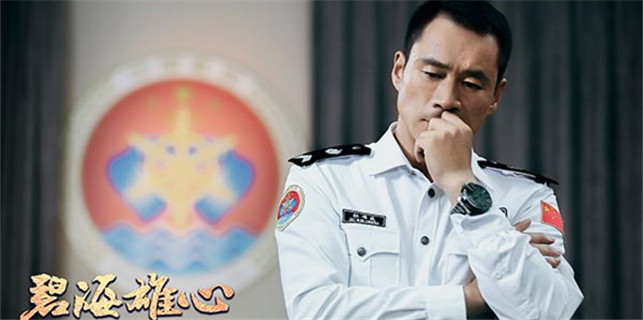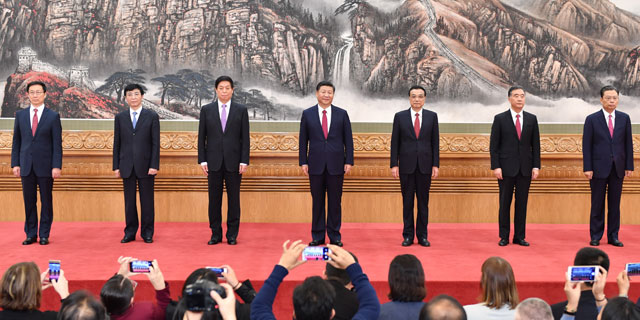UN falls short on extending chemical probe in Syria
The UN Security Council was unable to renew the mandate for an investigation to determine who was behind chemical-weapons attacks in Syria after Russia vetoed the draft resolution on Wednesday.
The draft resolution sponsored by the US aimed to extend for another year the mandate of the Joint Investigative Mechanism of the UN and the Organization for the Prohibition of Chemical Weapons (OPCW). The mechanism was approved in 2015 and will expire on Nov 17.
Eleven of the 15 members of the Security Council voted in favor with Bolivia and Russia against it. China and Kazakhstan abstained.
Speaking before the vote, Russian Ambassador to the UN Vassily Nebenzia proposed adjourning the meeting until Nov 7, saying that Russia wanted to wait for the mechanism's report on the chemical attacks carried out in Um Housh and Khan Shaykhun, Syria before extending its mandate.
He said the release of the report is only two days away and the council should discuss JIM's work and then vote on renewing the mandate.
He said that tabling the draft today was intended to paint his country in a bad light.
Michele Sison, US deputy permanent representative to the UN, said that the mechanism's vital work must continue without interruption. The US called upon the council to preserve its unity and vote to extend the JIM's mandate.
Wu Haitao, the charge d'affaires at the Chinese Permanent Mission to the UN, said China is deeply concerned about the use of chemical weapons in Syria and opposes their use by anyone anywhere.
Wu said China supported the JIM's role as independent investigator and unity in the council was crucial to preventing further use of chemical weapons.
He said the draft resolution has positive elements, and some members had wished to continue consultations with a view toward improving the mechanism's performance.
"Regrettably, however, the council rushed to vote on the draft resolution in the absence of consensus," he said, adding that the move is not conducive to council unity.
Wu said it was in that light that China had abstained.









